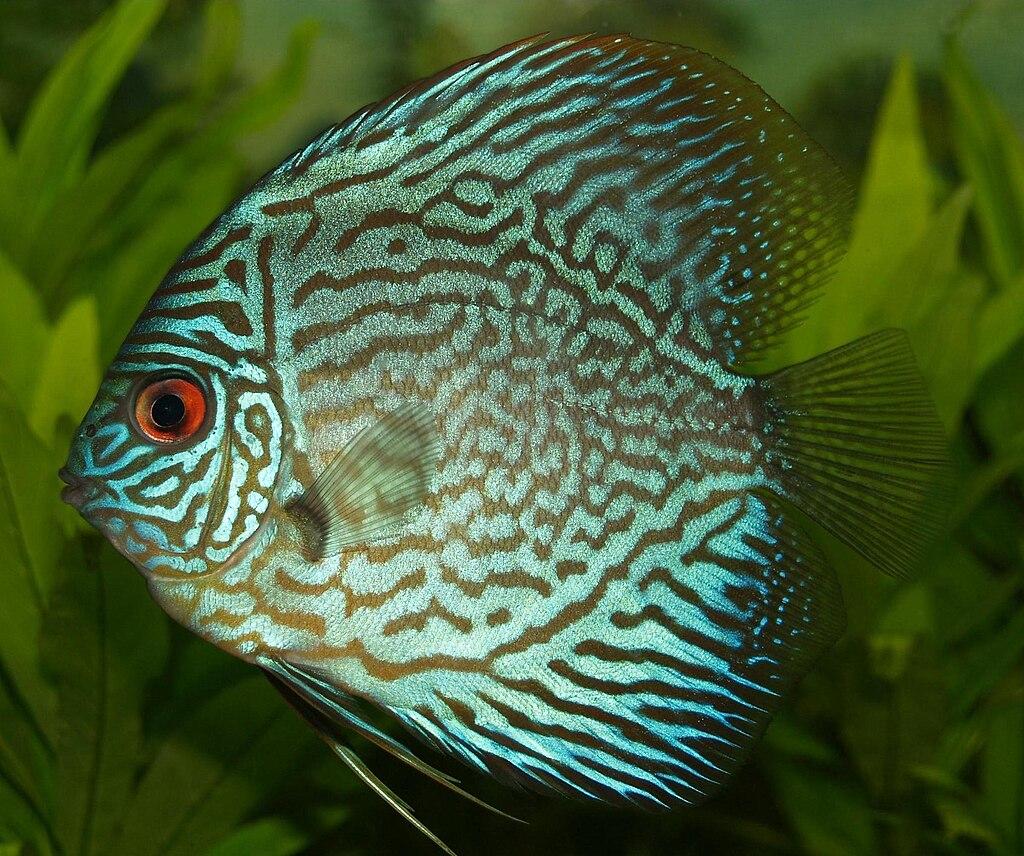Did you know that this specimen ships from our LiveAquaria® Wisconsin Facility, home of our popular Diver's Den® WYSIWYG Store and our LiveAquaria® Certified Captive Grown Corals (CCGC)? What that means is that you can rest assured knowing this specimen received the highest level of care from our experienced and professional LiveAquaria® staff!
PLUS, hobbyists that use our LiveAquaria® Professional Reef Salt have the added benefit knowing marine species shipped from our LiveAquaria® Wisconsin Facility share the same water parameters. In other words, if you use our Professional Reef Salt, marine species shipped from our Wisconsin Facility will acclimate and transition to your home aquarium with less stress to set the foundation for longer term success.
Did you know that this specimen ships from our LiveAquaria® Wisconsin Facility, home of our popular Diver's Den® WYSIWYG Store and our LiveAquaria® Certified Captive Grown Corals (CCGC)? What that means is that you can rest assured knowing this specimen received the highest level of care from our experienced and professional LiveAquaria® staff!
PLUS, hobbyists that use our LiveAquaria® Professional Reef Salt have the added benefit knowing marine species shipped from our LiveAquaria® Wisconsin Facility share the same water parameters. In other words, if you use our Professional Reef Salt, marine species shipped from our Wisconsin Facility will acclimate and transition to your home aquarium with less stress to set the foundation for longer term success.
The Royal Blue Discus is a relatively new color of the wild South American Discus, being a brilliant blue coloration. The overall coloration of Discus will vary depending on mood and overall health of the fish. Discus are among the most popular aquarium fish.
Discus originate from a habitat of shaded water with branches and other dense cover and this habitat should be duplicated in the aquarium. High quality water conditions (warm, soft, acidic) must be maintained.
Becoming slightly territorial when breeding, it is best to breed an established pair, or maintain a group of young Discus and allow them to pair themselves. Warm, soft, slightly acidic water is required for spawning. The pair will clean a flat surface (usually a broad leaf or the side of the aquarium) prior to spawning. The parents must not be removed from the fry; the fry feed on their parents' mucus.
Largely carnivorous, Symphysodon aequifasciata prefers freeze-dried bloodworms and tubifex, pellet food designed for Discus, high-quality flake food, and meaty frozen foods.
Approximate Purchase Size: Small: 2" to 3"; Medium: 3" to 4"; Large: 4" to 5"






